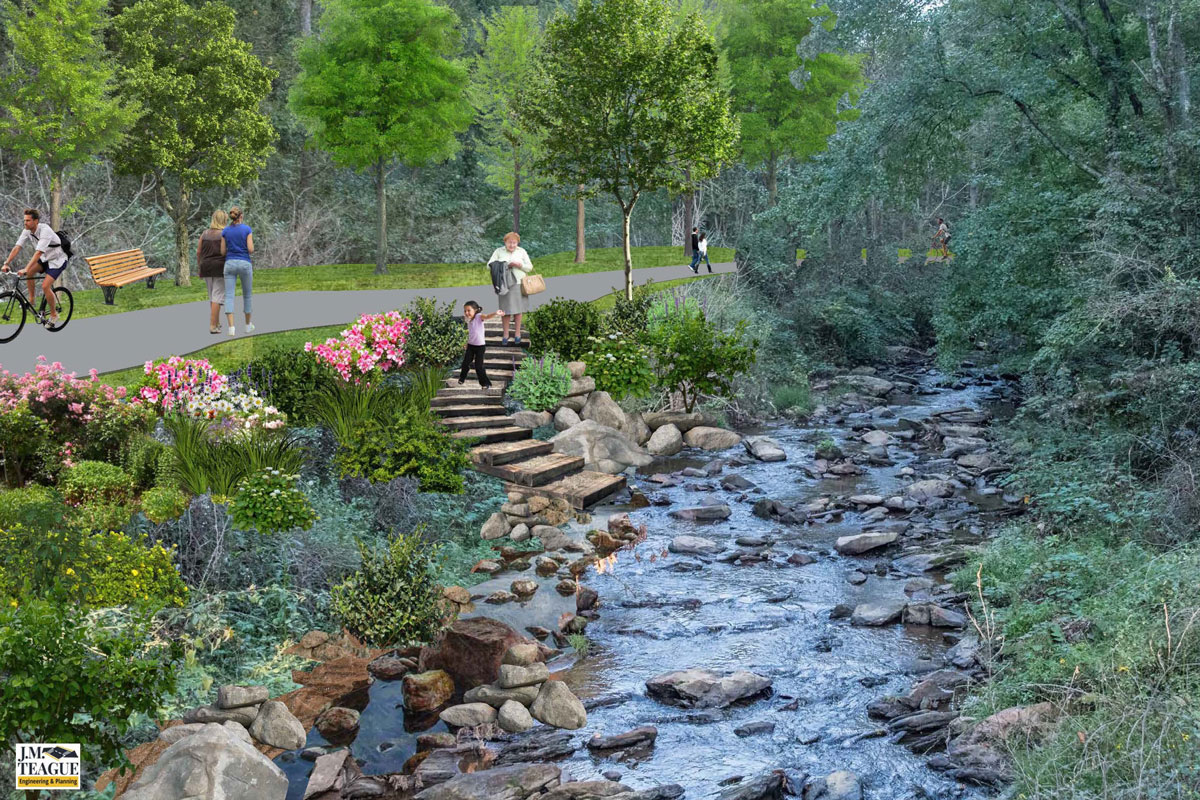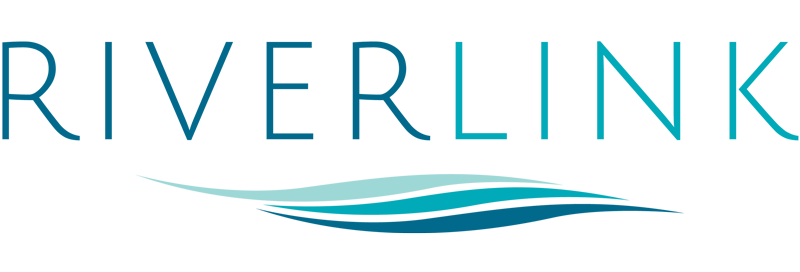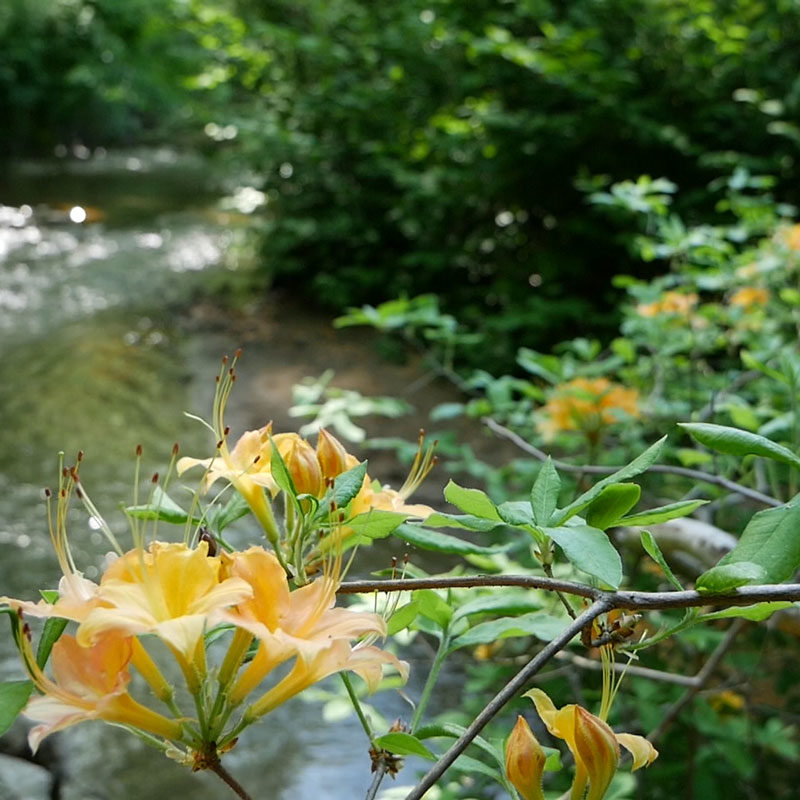Central Asheville Watershed
The Central Asheville Restoration Plan will investigate and find solutions to water quality issues within three streams that originate near downtown Asheville and flow through the River Arts District. The year-long study will result in a nine-element watershed restoration plan that RiverLink and partners can use to guide their work to improve water quality in the French Broad River and its tributaries. Read More


